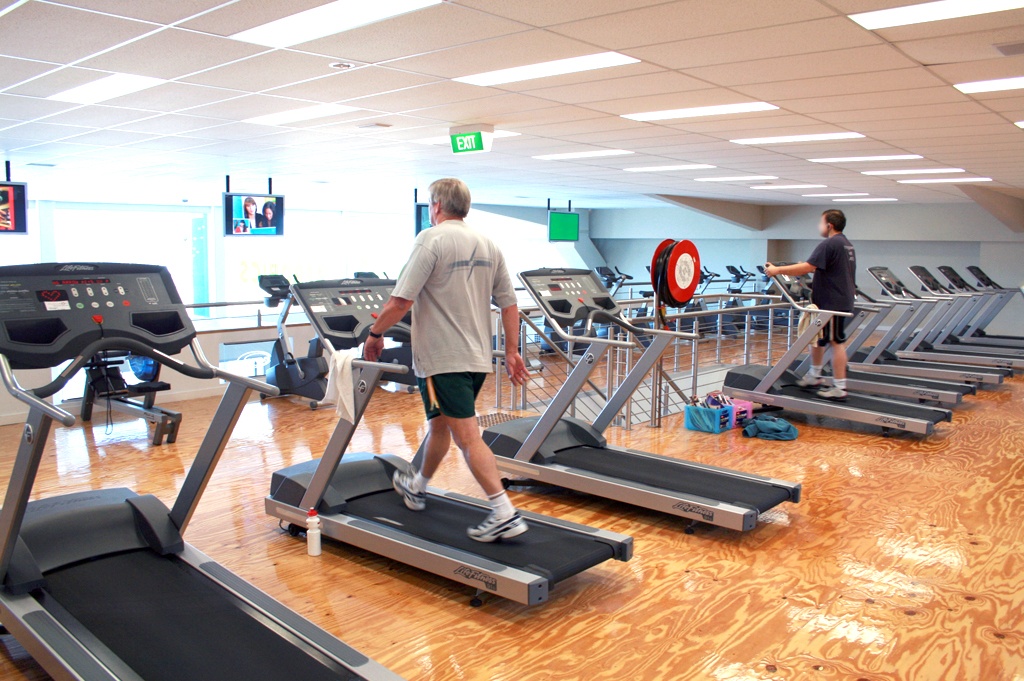Physical therapy is a standard medical treatment for many different ailments. Cardiopulmonary physical therapy, however, has its own set of unique challenges and benefits that make it an exciting field to explore. Keep reading to learn more about the basics of what cardio pulmonary physical therapists do and how you can find one in your area.
What is Cardiopulmonary physical therapy?
Cardiopulmonary physical therapy is an exciting field of physical therapy that deals with the respiratory and cardiovascular systems. It’s used to help work on breathing issues, lung function, and heart rehabilitation.
What a Cardiopulmonary physical therapist does
A Cardiopulmonary physical therapist will assess your condition and offer treatments that are designed to improve breathing issues, lung function, and heart rehabilitation. They may also work with other healthcare professionals who can provide complementary services, such as a cardiologist or pulmonologist.
They do this through exercises called breathing retraining programs, which utilize devices like nebulizers and a ventilator to help your body recover.
Furthermore, they may also work with you on using certain medications or therapies designed to improve those systems’ function.
In addition, they might use manual therapy techniques such as mobilization and joint manipulation in order to create space for respiratory muscles and organs so that they can operate more efficiently.
They may also use a procedure called a bronchoscopy, which involves placing an instrument with a camera through the mouth and larynx into your lungs to allow cardiologists or pulmonologists to examine them more closely.
The benefits of Cardiopulmonary Physical Therapy
There are many benefits to getting treatment from a cardiopulmonary physical therapist. Some of these include:
- Helping you manage your disease.
- Providing information on how to improve your quality of life by teaching you techniques that will help control and manage your symptoms between visits.
- Helping you and your family cope with your disease or injury.Providing emotional support to you or a loved one who has been diagnosed with cardiopulmonary issues.
- Providing education on how to avoid exacerbations of symptoms, which can lead to hospitalization in some cases.
How to find Cardiopulmonary Physical Therapy Near You
If you’re in need of rehabilitation, there’s no better way than with the help of a qualified professional who has years of experience helping people just like you. To find an excellent Cardiopulmonary Physical Therapist near you, click here.

